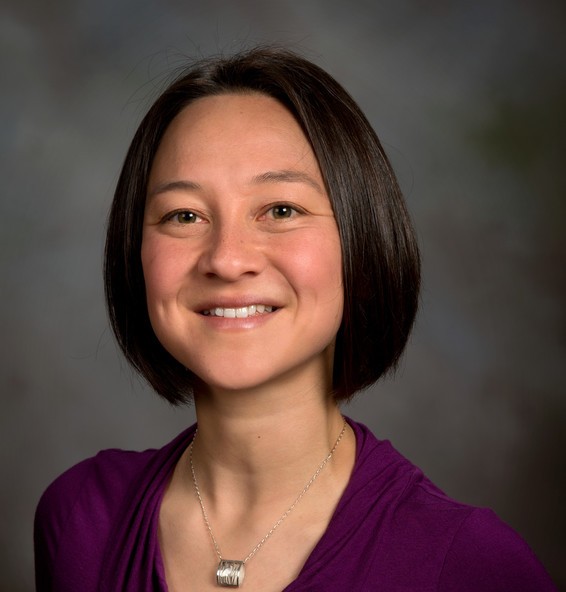AAPT: American Association of Physics Teachers
American Association of Physics Teachers
AAPT is a professional membership association of scientists dedicated to enhancing the understanding and appreciation of physics through teaching.
AAPT 2022 Strategic Plan
A future where the understanding of physics, driven by a vibrant, diverse, and empowered community of educators, researchers, and learners, increasingly benefits the world.
Books from AIP Publishing and AAPT
Visit pubs.aip.org to purchase co-published titles at 25% off digital versions. For $30 black-and-white print copies choose myBook.
Join The U.S. Physics Team
Represent the United States at the International Physics Olympiad Competition with other high school students.
Get Started
AAPT® Audience
Learn, grow, and succeed with AAPT
AAPT® Programs
Awards, projects, contests, and opportunities
AAPT Member Spotlight
Meet Alma
"Elbows Up! Elbows up!" My swim coach's voice echoed across the pool as our technique began to break down from exhaustion. "Oh yeah!" I thought. "That would reduce my arm's moment of inertia!" It was at that moment, surprised by my inner nerdiness, that I decided to become a physics major. Physics tapped into my curiosity in a way academics hadn't in a long time, and I couldn't help but see it everywhere around me. Before taking physics, I usually skimmed my textbooks to find the information I needed, but Paul Hewitt's Conceptual Physics was different. I read each chapter from start to finish and loved that his conceptual questions challenged my intuition and connected what I was learning in the classroom to my real-world experiences. When my friends started asking me for help with their physics homework, I discovered how fun and rewarding teaching physics could be.



 Attend the North Carolina PICUP DICE Workshop happening on April 11, from 9:00 am - 4:00 pm ET at NC A&T State University! Learn more and register here ➡ https://ow.ly/ehon50YpaRB #PICUPDICE2026 #PhysicsEducation #PhysicsTeachers #ITeachPhysics
Attend the North Carolina PICUP DICE Workshop happening on April 11, from 9:00 am - 4:00 pm ET at NC A&T State University! Learn more and register here ➡ https://ow.ly/ehon50YpaRB #PICUPDICE2026 #PhysicsEducation #PhysicsTeachers #ITeachPhysics

 The #PhysTEC Networks RFP is now open to support a second cohort of collaborative networks working to strengthen the recruitment and preparation of highly qualified high school physics teachers. Learn more and apply here https://phystec.org/opportunities/. #K12Education #K12Teachers #ITeachPhysics
The #PhysTEC Networks RFP is now open to support a second cohort of collaborative networks working to strengthen the recruitment and preparation of highly qualified high school physics teachers. Learn more and apply here https://phystec.org/opportunities/. #K12Education #K12Teachers #ITeachPhysics